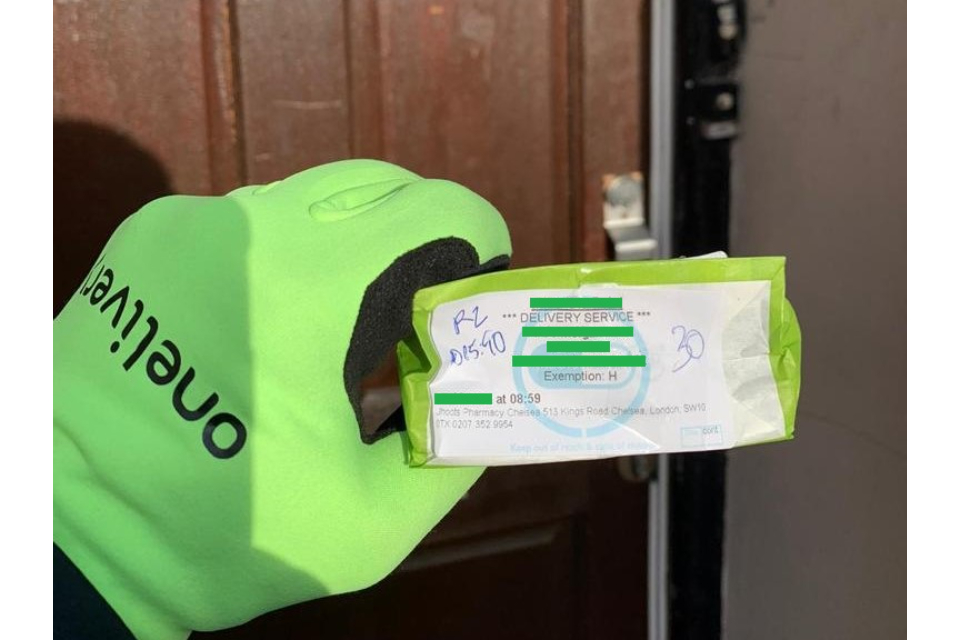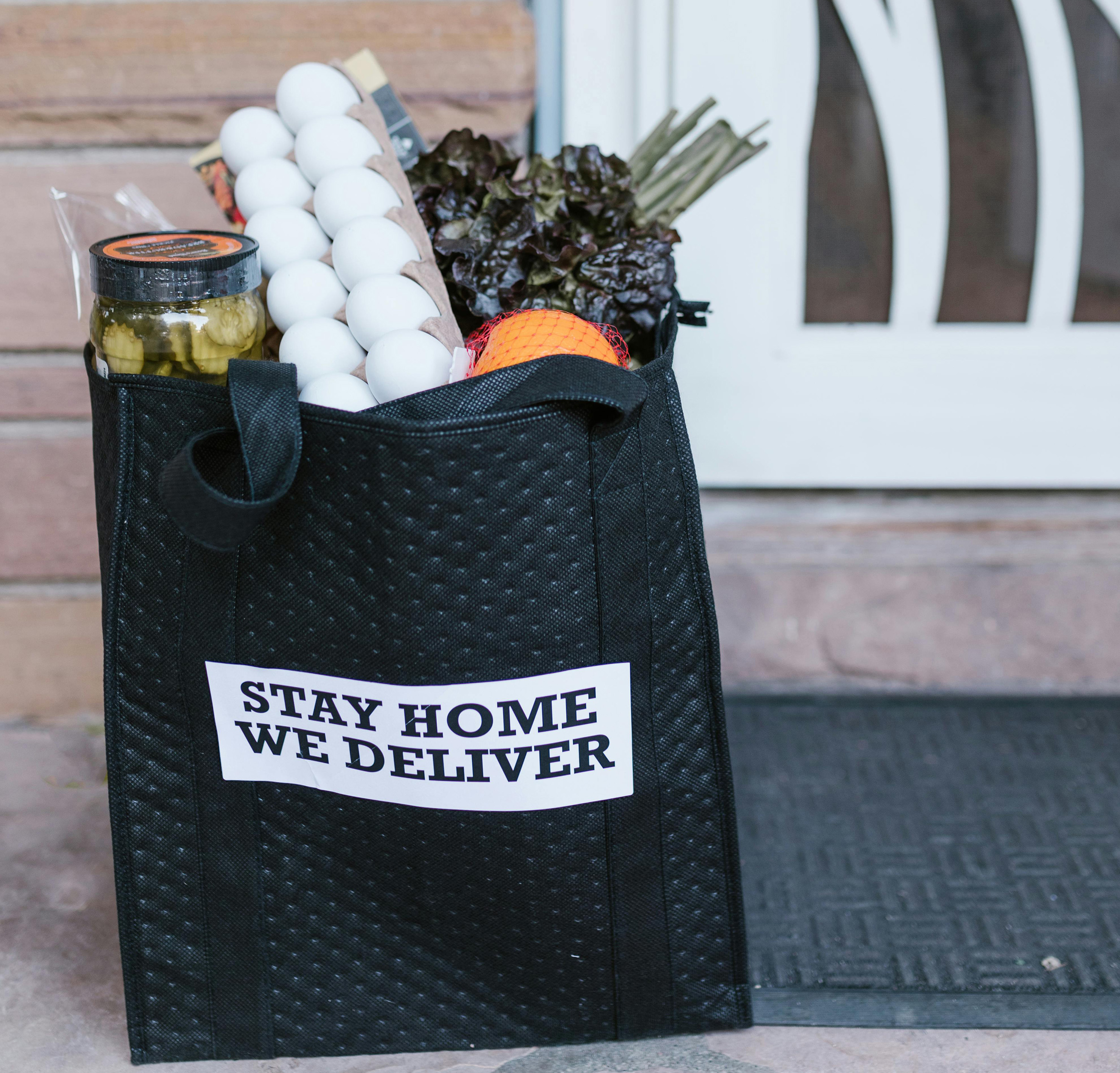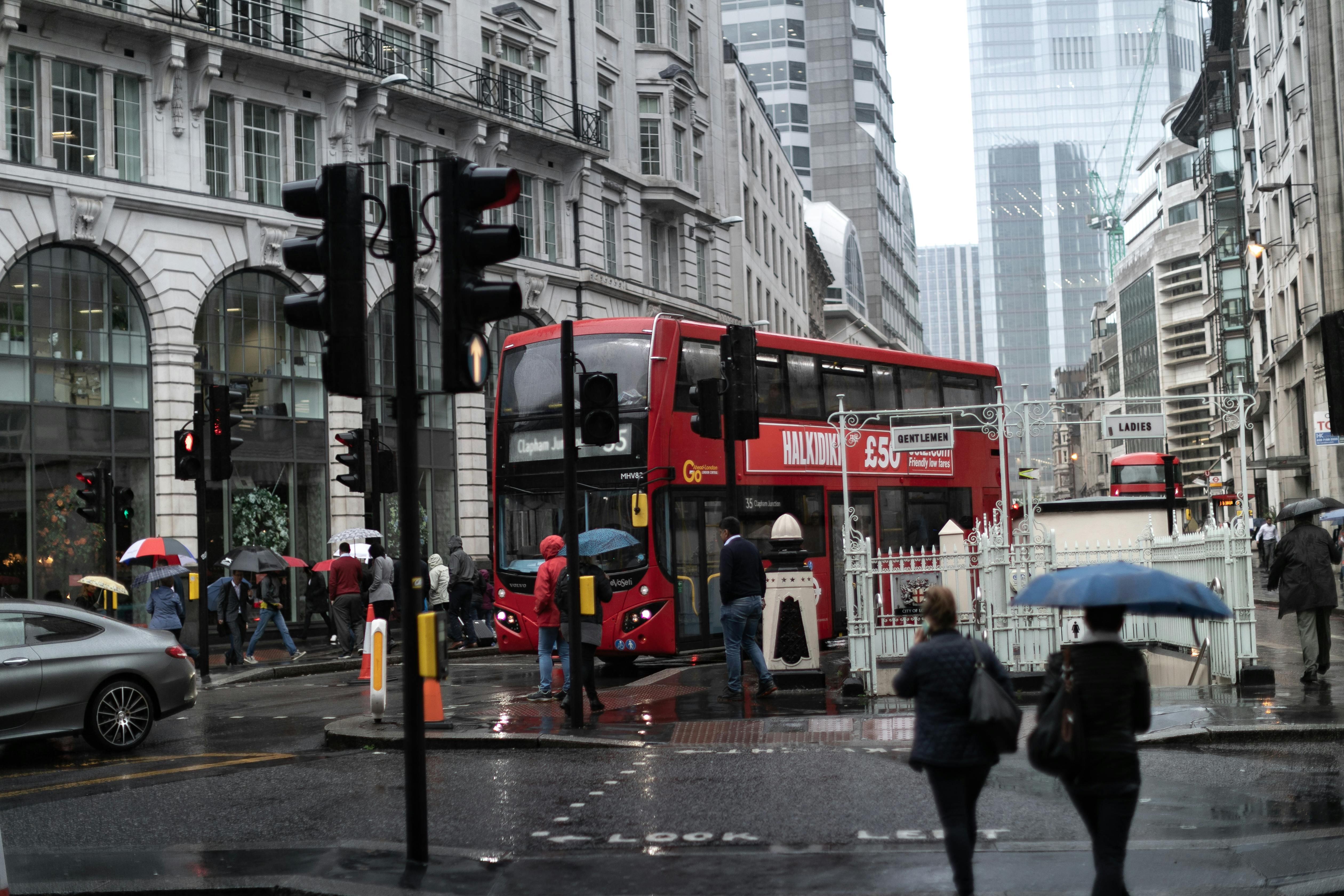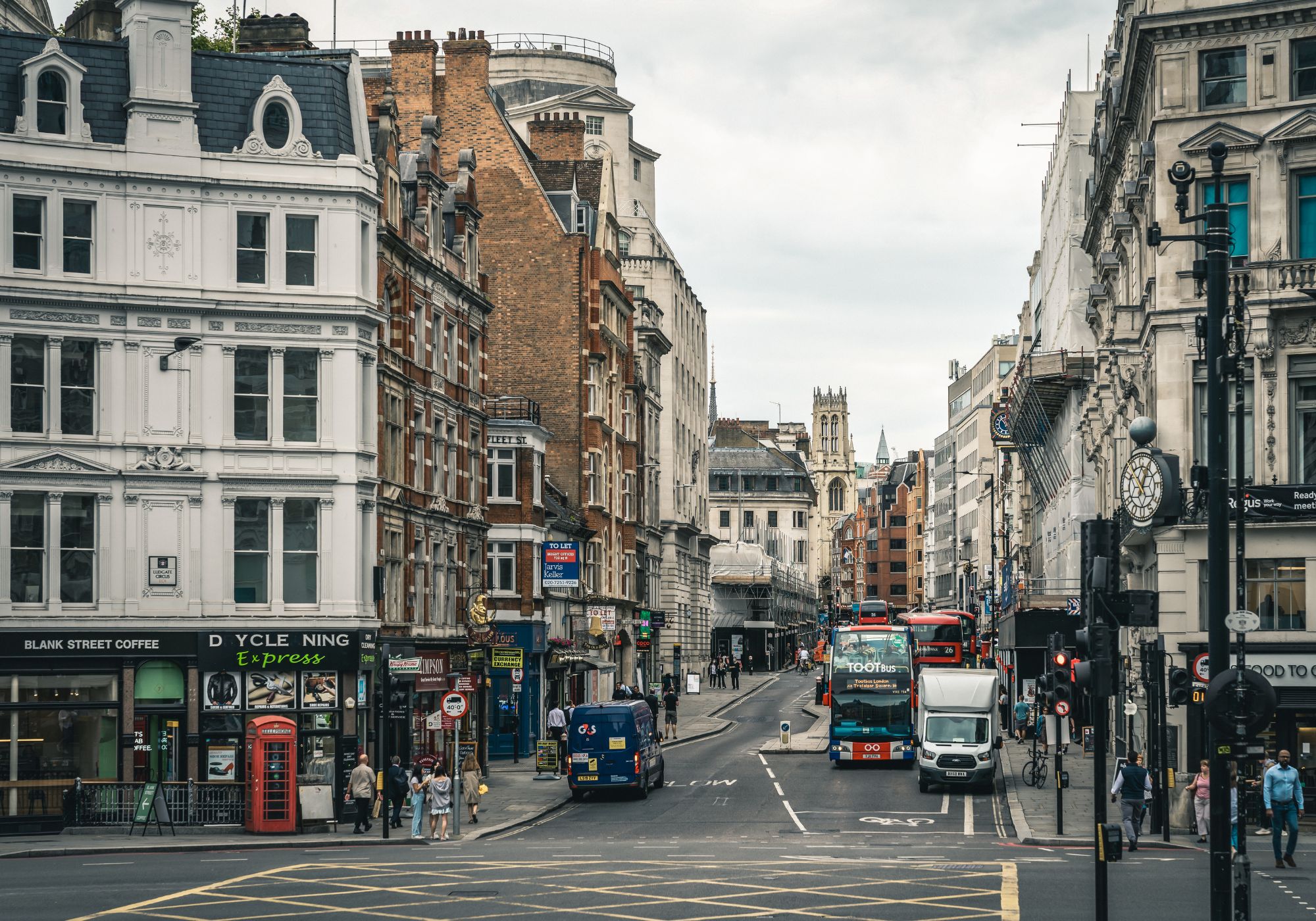Pharmacies, GPs and healthcare providers had to find new ways to continue dispensing medications to every day patients. Despite the fact that pain relief is considered a fundamental human right, the Coronavirus disease 2019 (COVID-19) pandemic compelled healthcare systems around the world to allocate resources to intensive care units and other COVID-19 specific sites.
Since most chronic pain services were classified as “non-urgent“ all outpatient and elective interventional procedures were limited or stopped during the pandemic to reduce the danger of viral propagation. The closure of pain services along with government-imposed house lockdowns has had an influence on chronic pain care around the world, with added implications for patients' psychological health.
The COVID-19 pandemic has direct and indirect consequences on how pharmacies operate delivering last-mile prescription to patients. We did a scoping assessment to provide a better understanding of this wide topic in a timely manner, as befitting an emerging pandemic.
METHOD
A scoping study was done to consolidate research on the pandemic's direct and indirect effects on how pharmacies continue to operate effectively delivering their services, as well as to provide a summary of the most important outcomes so far.
RESULTS
There was a significant increase in medication delivery services. Domestic violence seemed to be on the rise. Prenatal care visits were down, healthcare infrastructure was stretched, and potentially damaging practises were implemented with little data to back them up.
Since the first lockout, an increasing number of businesses have been using electric e-bikes to convey goods. E-bikes have a number of advantages over cars, including the ability to ride more quickly through metropolitan streets, allowing them to carry packages 60% faster than vans.
E-bikes have the ability to offer sustainable same day delivery. They're greener, emitting roughly 90% less carbon, are quieter, and reduce traffic congestion because an e-bike takes up a fraction of the space on the road than a normal delivery vehicle does. The National Health Service (NHS) was one of the first national health systems to produce a carbon reduction strategy 10 years ago and started measuring emissions in 2007. Since then the health and social care sector has cut emissions by 18.5%, according to the NHS Sustainable Development Unit, despite a 27% increase in clinical activity over the same period.
Since e-bikes are zero-emission vehicles, it may come as a surprise that they only reduced emissions by 30% per package rather than 100%, but that's because researchers counted emissions from the truck delivering goods to the micro-hub, explains Anne Goodchild, founding director of the UW Supply Chain Transportation and Logistics Centre, which launched the Urban Freight Lab. "However, when we look at the system as a whole, we can lower emissions by 30%, which is tremendous.
WHY WE NEED A RELIABLE AND QUICK DELIVERY SERVICE TO FACILITATE THE MOST CRITICAL ASPECT OF LIFE.
Quality in healthcare is the result of collaboration between GPs, independent pharmacies and healthcare providers to provide the necessary service to the community. Local pharmacies delivering important medication to private patients or NHS service have to rely on independent drivers, non-dedicated delivery companies or costly courier services. Whilst the traditional delivery company or the retired bloke can fulfill most of local deliveries, no solution provides a combination of technology and sustainability at the same time.
Onelivery.co.uk combines a power last-mile delivery software to help local pharmacies deliver medication fast every day without harming the environment. Our e-bikes fleet will provide the final support need to bring pharmacies closer to the local community with no extra costs.
See how Onelivery UK can help your pharmacy. Get in touch today!









